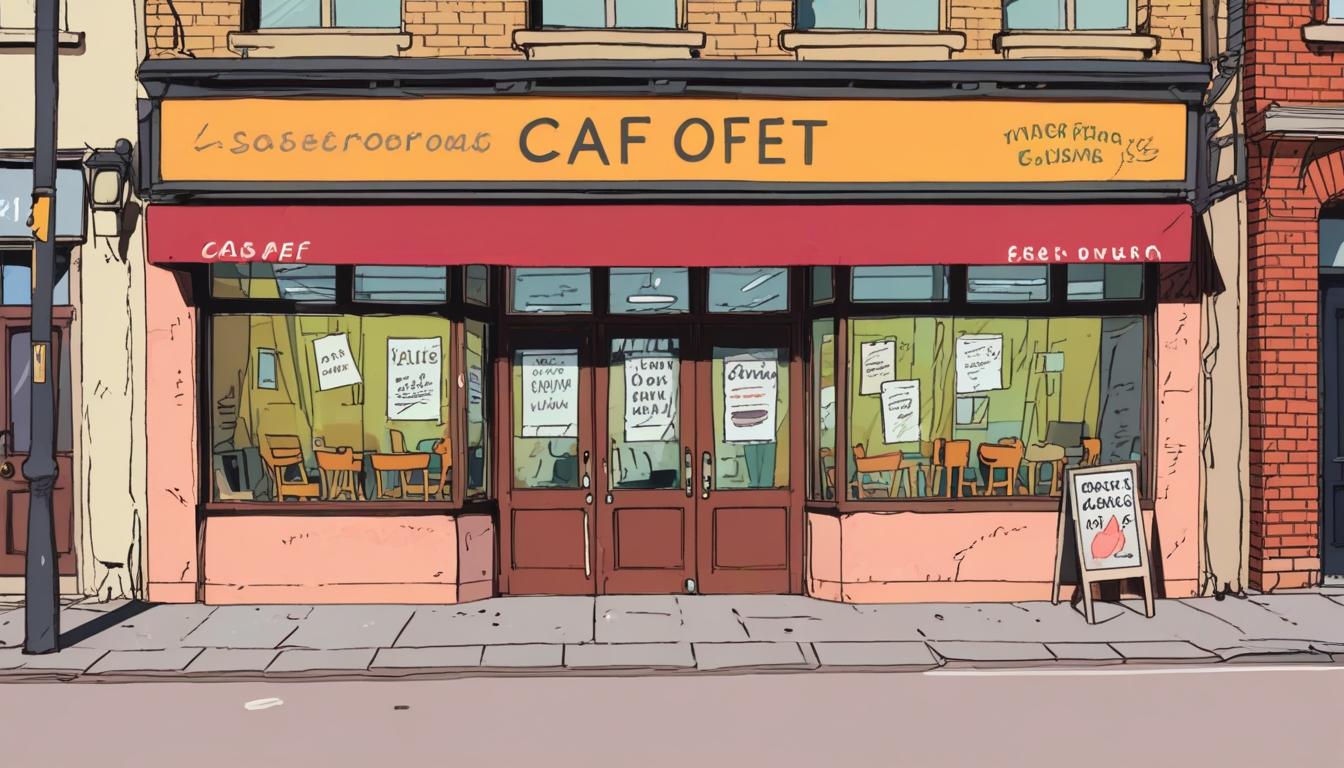Clinton Pugh, father of acclaimed actress Florence Pugh, has sold his remaining café, Kazbar, located on Oxford's Cowley Road, citing devastating financial losses attributed to the city's controversial Low Traffic Neighbourhoods (LTNs). This marks a significant shift following the recent sale of Café Coco, a local establishment he had owned for nearly 32 years, which also struggled with reduced footfall due to these traffic management schemes.
The LTNs, implemented in Oxford starting in 2021, were designed to limit traffic flow in residential areas in an effort to promote greener commuting options and ease congestion. However, Pugh has been a vocal opponent of these measures, describing them as a "war on motorists," which he claims has significantly undermined his businesses. He estimates losses approaching £1 million, a figure that reflects a decline in customer traffic that he links directly to the restrictions imposed by the LTNs.
Speaking candidly about his plight, Pugh remarked that business conditions had become "untenable." He noted a dramatic drop in the turnover of Kazbar and expressed that these eco-measures represented the “final nail in the coffin.” Pugh shared with the Oxford Mail his frustration over the council's handling of the situation, stating, “[Then] you throw in the restrictions on the Cowley Road. The LTNs were the main nail in the coffin.”
Local businesses like Pugh's have faced severe challenges under the new traffic policies. In a city that has seen a substantial push towards environmental measures, Pugh contended that the lack of meaningful consultation with business owners before implementing the LTN scheme exacerbated existing financial difficulties. In fact, the decline in patronage at Café Coco reached approximately 25% soon after the LTN’s rollout, leaving him scrambling to retain staff, which led him to accept financial assistance from his daughter.
The detrimental impact of the LTNs has sparked considerable public dissent, with many local residents and business owners actively voicing concerns. Pugh has previously taken to political discourse, asking council representatives hard-hitting questions about the future of Oxford's commercial landscape. His actions included erecting protest signs that called into question the democratic processes behind the decision-making, including a notably confrontational billboard that read, “So much for democracy! Help us fight this arrogance.”
This ongoing tension between the council and local businesses is not unique to Pugh's situation. Many business owners have echoed his sentiments regarding the insufficient engagement from Oxfordshire County Council regarding the LTN initiatives. The council, now led by a coalition of Liberal Democrats and Greens, acknowledges the divide the LTNs have created but maintains that the intentions to promote safer streets for children and cyclists cannot be overlooked.
Despite the controversies surrounding the scheme, councillors like Liz Leffman, leading the local Liberal Democrat faction, argue that the benefits of the LTNs, such as increased safety in communities, present a necessary evolution in city planning. Nevertheless, Pugh's experiences highlight a significant gap between the intentions of local governance and the realities faced by small business operators, who feel sidelined in favour of broader environmental goals.
As Pugh reflects on over three decades of service to the Cowley Road community, his story also illustrates a more profound dilemma many urban centres face today: the balance between environmental sustainability and the survival of local businesses. With further anti-car measures planned, the impact on trade and community cohesion remains to be seen, leaving many in Oxford questioning the pathway ahead.
Reference Map
- Paragraphs 1, 2, 3, 4, 5, 6, 7, 8, 9
- Paragraphs 1, 2, 4
- Paragraphs 2, 3, 5
- Paragraph 7
- Paragraph 7
- Paragraph 6
- Paragraph 7
Source: Noah Wire Services
